“We’re not stopping”: Q&A with Korn at Union Chapel
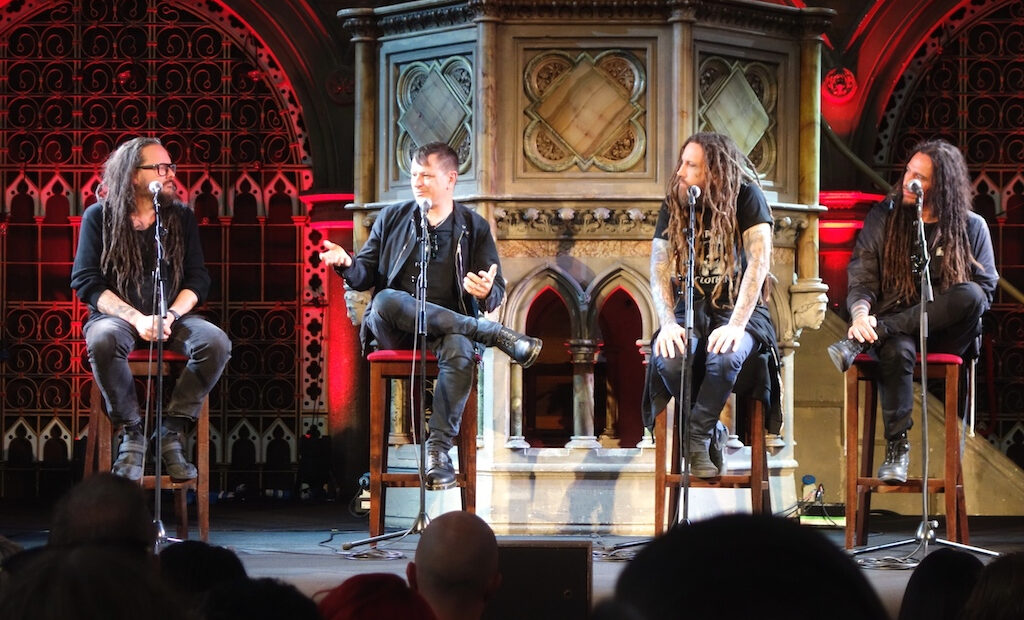
Californian nu-metal pioneers Korn followed their glorious appearance at Download Festival last weekend with an intimate, sold-out Q&A session at Union Chapel, which drove nearly all 900 lucky ticket-holders to show up early and create a massive queue outside the late 19th century gothic-style church in Islington on a sunny Monday evening.
Members of a successful rock band (Jonathan Davis, Ray Luzier, Brian “Head” Welch and James “Munky” Shaffer – seated from left to right, in the absence of Reginald “Fieldy” Arvizu who is currently on hiatus) are surely experienced interviewees, but perhaps not in front of a live audience – and yet they were totally relaxed and shared laughter with the fans as soon as they walked on stage. The first question was how they felt about the performance at Download, to which Davis replied: “Yesterday was amazing. It was really touching as we have been there so long, for so many years, when it was Donington and then switch over to Download. It felt like coming home – just to see all the fans and to see the reaction… I just got chills. It was amazing.” Meanwhile, Welch compared it with the first time they came to London with Primus: “Our very first trip to Europe was London and we played at this little club called the Apollo, with Les Claypool, and we were just, like, kids. Our dreams came true, and all these years later we are playing here – it’s just mind-blowing to me.”
When asked who would they like to interview in a reversed scenario, Davis’s answer was Depeche Mode, as he has been a huge fan ever since he heard Blasphemous Rumours, while Luzier named Ozzy Osbourne and Kiss as his superheroes. Welch said it was his parents who got him into heavy metal, and he became a fanatic with AC/DC, Judas Priest, Iron Maiden, and Ozzy, and had their posters all over his walls. When he first met “Fieldy”, at the age of 12, he had Ozzy, Iron Maiden and AC/DC all over his school folder while “Fieldy” had Duran Duran, whom Welch absolutely loathed, so he told Aryizu to get into Ozzy – and may be Korn wouldn’t have been born if he hadn’t said that back then. On that note, Shaffer said he met Welch when he was 14 in art class at high-school, and remembers the latter came up to him and said, “Hey, man, you got really cool hair. Come over to my house after school” – where Welch played AC/DC and Dokken on his guitar. Shaffer thought it was amazing and then Welch sold him his first electric guitar and amp.
During their high-school years, Davis was a famous kid where they lived because his dad owned a music shop, as he himself recalled: “I would go after school every day, and my dad would make me clean instruments. There was a school right next door and I’d go in and ask a teacher every day with a different instrument, ‘Just show me a little bit about this instrument.’ That’s how I learned to play so many instruments. First thing I learned was to play piano, then drums. That’s the basis for everything and I just took off and tried to learn as much as I could in music, because that was the only thing that really made me happy.”
The next key discussion was on the band’s 14th studio album Requiem and how it comes with a different energy. Davis explained: “It was the pandemic. We were stuck at home with nothing to do. We decided we want to get together and make a record, so we had to figure out the logistics of that because people had to fly – that kind of stuff. We got in the room and, for me, it was the first record I can honestly say I was there 100% since emotional issues I had. Making this special record, I got to sit here and be with my brothers for the first time. God, I missed it so much.”
James expanded: “He would show up every day with this light and this presence that we hadn’t seen in years. He brought all this creative energy, and me and Brian and Ray would be jamming these parts and we’d kind of work up a song, and half of the songs we created that day Jonathan would come in and be like, ‘Could you try this chord right here or maybe try to follow them up or try a melody over that… Ray, try a beat here, try this sort of little shuffle,’ or whatever.”
Jonathan replied: “It was just so fun to have that connection again. I disconnected from the band for so long and I felt like it was just ripped away from me because of certain things that were going on in my life, and just to have that back and just a lot… like, this is what made it so special. I came in and everything else was more in a positive way because I came from this very dark place and I got past it. I was walking into a more peaceful place, and I can 100% say that I am happy today.”
After a loud round of applause in response, Jonathan continued: “Making the record, in the whole process of it, we took something very negative and made an amazing positive thing out of it, and it’s why it just shows in the record and the production of the way we did it. I was very adamant about us recording on analog tape; I hate the way music sounds now because everything’s done in a box. There is a way to do things, marrying the two. With an analogy, it’s like you hit a guitar string, that energy goes through a pickup and the cable, it goes through all the preamps on the board. It’s an actual living thing – it’s energy – and then it gets slapped against a piece of tape. You feel that. Digitally that happens, but it goes to the board and then it gets switched to ones and zeroes. For me it’s a great medium, but it’s something about being on tape and not being just totally manipulated by a computer that’s magic, and it hits you here [pointing to his heart] – so I’m really happy we did it that way.”
The interview continued, covering their working relationship and how the founding members instantly hit it when they formed the band, before returning to the new album and talking about producer Chris Collier. Luzier said: “Chris is a unique. He’s one of those guys who can really play an instrument so greatly, it’s kind of ridiculous how good he is, and he is very humble by that he doesn’t say anything about it. I did some work with him in the past and he was really good. We produced the record as well – it wasn’t only Chris, but all of us. Chris is very inspiring. Instead of slamming an idea, he’ll say, ‘That’s cool, but you did that on another song… Try this or try that.’ I just love the space of the air he gave us.”
The name Ross Robinson, who produced the band’s early albums, was then brought up. James: “I think it was a different process with us, but still it was one of those things where he highlighted our strengths. ‘Head’ was so great of writing melodies, so he encouraged that; he encouraged me to really use my right hand; he encouraged that sort of rawness and all of the inconsistencies in the playing. He would say ‘That’s you, that’s your art – you are not painting inside the lines because you are you. You are not using the typical melodies because that is you.’ I think that’s his kind of method to bring that out – bring the artist, actually, out in each person, and each person’s personality onto the recording.” Brian added: “It worked really well. The first couple of records worked really well, but people changed and Ross went on to have a great big career, and went back to work with us, but it didn’t work [referring to Korn III: Remember Who You Are when Brian wasn’t with the band]. You can’t make things happen. It’s a thing where it’s, like, meant-to-be or not, and we are great friends with him.”
While there was no absence of laughter during the interview, the loudest laugh came as Ray Luzier told a story about David Lee Roth’s watch: “I’m a big Van Halen fan, which was one of the reasons I played drums. A poster of Dave from US Festival was hanging on my wall since I was ten in Pittsburgh. So when I am finally in a band with the guy, I can’t believe it. I am at his house and we are doing the first photo shoot with the legendary photographer Neil Zlozower. As Dave sees my $20 Casio, he takes it and throws it across his yard and says, ‘Rock stars don’t wear watches.’ And then, six months later, we’re on a tour bus and he gets a watch on, and I’m like, ‘Oh this is it. He’s going down’. So I go, ‘Hey boss, I thought you said rock stars don’t wear watches,’ and he goes, ‘I’m not a rock star, loser, I’m a legend.'”
Before calling it a night, Jonathan revealed some details about the band’s new project: “We got 14 songs at the moment. It’s just, like, little demos but I’ll rip them apart and they’ll come. You never know. When you throw vocals on it completely changes, but we’re in the process of doing another one. There will be another record soon. We’re not stopping.”
Peter Chow
Photo: Peter Chow
For further information about Korn and future events visit their website here.
Watch the video for Worst Is on Its Way here:

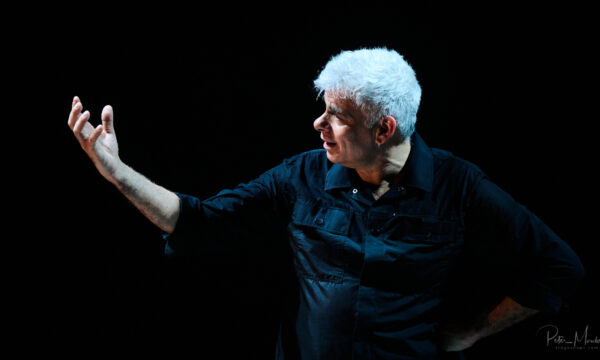


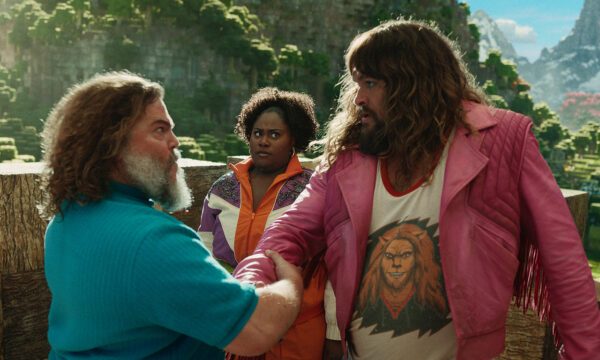

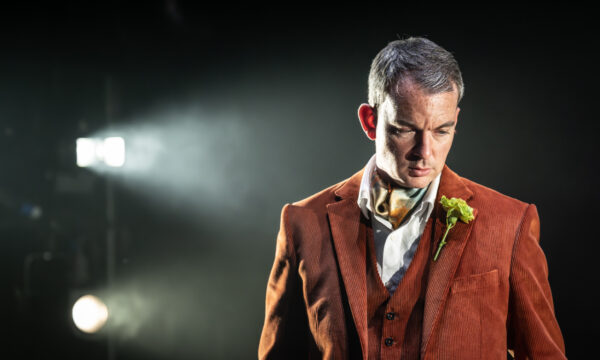
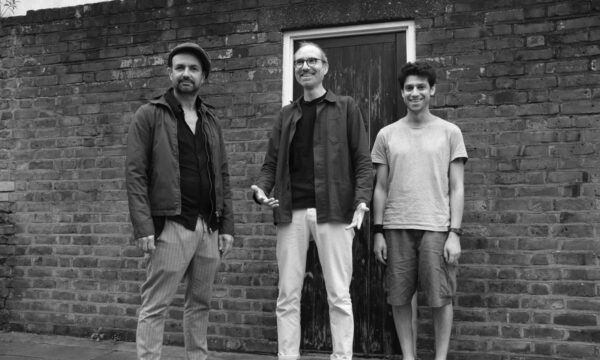












Facebook
Twitter
Instagram
YouTube
RSS